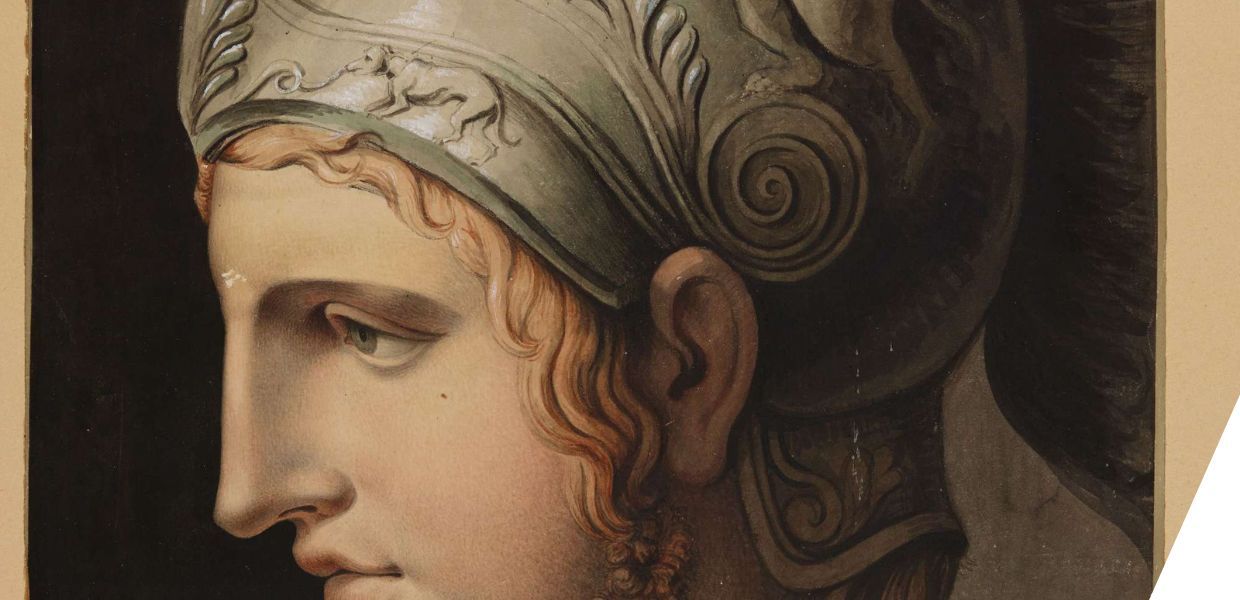From 2023 to 2026, the Ministry of Culture of Bulgaria is leading the delivery of ‘Digitisation of museum collections, libraries and archives’ under the National Recovery and Resilience Plan of Bulgaria. The work will result in a platform which will unite cultural and scientific heritage preserved by key public institutions: the Electronic Governance Infrastructure Executive Agency, Bulgarian National Television, Bulgarian National Radio, Bulgarian News Agency, Archives State Agency, Bulgarian National Film Archive, and further museums, galleries and libraries. The Public Library Pencho Slaveykov, Varna, which is the Europeana national aggregator for Bulgaria, is also involved among the representatives of museums, galleries and libraries.
In a country where national coordination of digitisation was not previously in place, this investment does not only deliver a technological solution; it also has the ambitious mission of empowering sectors with different needs and levels of digital transformation maturity.
Digital transformation: the Achilles and the tortoise paradox
Digital transformation requires substantial planning. One of the challenges is that the time lapse between planning and implementation can make plans obsolete as new technological developments are introduced in the meantime. A metaphor for this is the famous paradox of Zeno of Elea, according to which Achilles, a swift runner, can not outrun a tortoise if it has been given a head start.
The current Bulgarian investment in a national platform took over three years in preparation and was streamlined to deliver a cloud solution for aggregating content from multiple institutions.
In the meantime, the deployment of the common European data space for cultural heritage, which has the Europeana Initiative at its heart, began. The current trend within the digital heritage domain is to identify decentralised solutions. However, for Bulgaria, a country where coordination of digitisation efforts has not yet been put in place and where multiple institutions have very modest technological infrastructures, the key efforts of the investment seek to improve the technological preparedness of the institutions and offer a shared solution for improved access.
How can an investment planned around older paradigms be turned into an opportunity? The team coordinating the national investment is mindful of the changes in the digital heritage domain and is aligning the national development with the latest European efforts.
The first co-creation workshop on users of the Bulgarian national platform
Towards the end of 2023, Mr Victor Stoyanov, Deputy Minister of Culture, hosted the First International Co-Creation Workshop dedicated to the strategic planning of the national platform. The topic in focus was the future users of the platform.
This workshop aimed to identify the types of users of the future cloud platform for cultural heritage, and brought together around 40 representatives of the institutions delivering the investment project and from the managing bodies. With diverse institutions, identifying use cases was a challenge, but a crucial step in collecting the technical requirements for the platform, which will be a novel infrastructure in Bulgaria's cultural heritage field.
The event was opened by Victor Stoyanov and Nelly Nedelcheva, who is in charge of the management team at the Ministry. A panel followed, with Milena Dobreva as moderator, and Rob Davies an invited speaker as the Chair of ENA Management Board. He introduced the context of the Europeana Initiative’s efforts and identified some of the challenges ahead of the delivery of the national platform, with interoperability being paramount. If you are interested in the content (where Rob’s guest talk was delivered in English) you could watch the recorded streaming.
This introduction was followed by a set of interactive exercises which explored different user aspects. It started by exploring what the various participants see as crucial functionality of the future platform based on examples from other digital heritage infrastructures. The interface's intuitiveness, extended search capabilities, content-based search and open access to content were the key features the participants wanted to see implemented in the future platform.
The next topic explored was the current knowledge of users and practices for compiling analytics and other data on digital and onsite users. Institutional practice is diverse, and areas where institutions can improve their evidence on users have been identified. During the discussion, the following list of key users emerged, to inform the team’s work in the future:
Researchers (the type of users expected to be most interested in the platform)
Journalists and other media specialists
Citizens interested in culture and heritage
Foreign heritage professionals
Secondary school students
Higher education students
Producers
Users with specific disabilities interested in the heritage content
In further exercises, the workshop participants discussed how to map a user journey. An example of one of the journeys where the key user is Peter, a 41-year-old journalist, has already been developed, and journeys for other groups of platform visitors will follow it.



